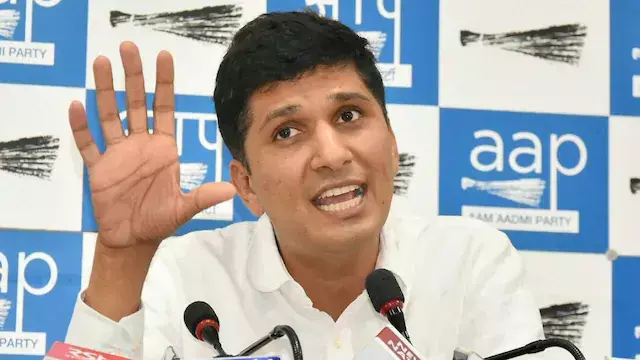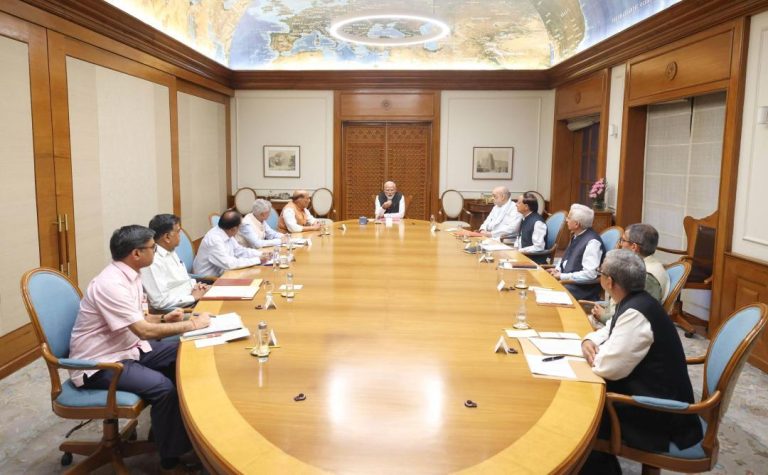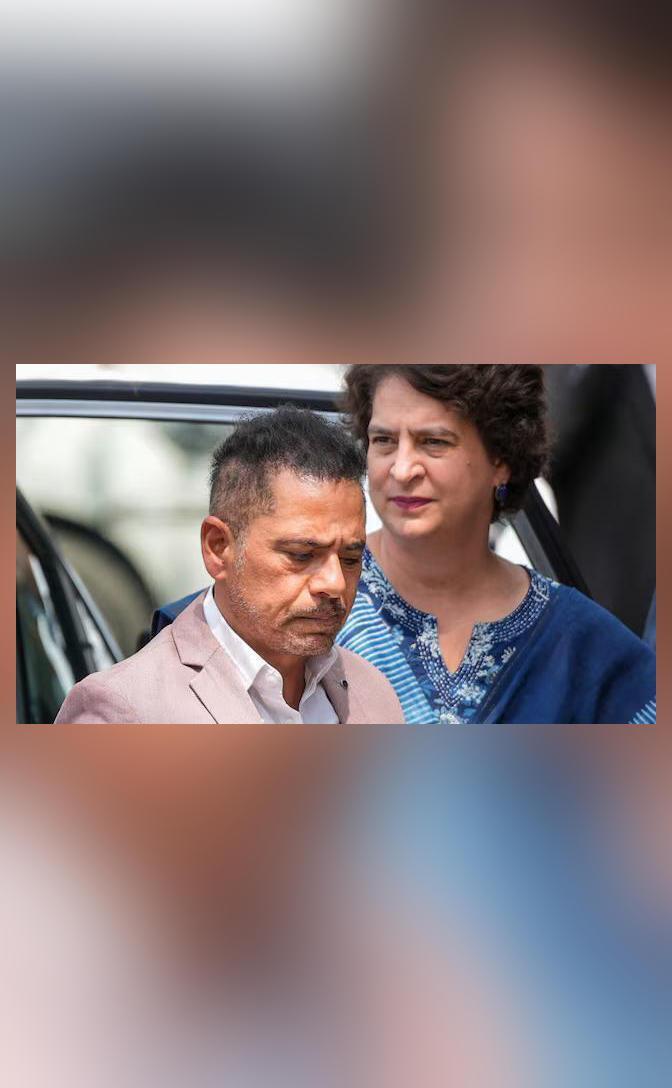
Attack Happened Despite Intelligence Input: AAP’s Saurabh Bharadwaj
The recent terror attack in Pahalgam, which claimed the lives of at least 26 people, has sent shockwaves across the country. The incident has raised several questions about the effectiveness of intelligence agencies and the government’s response to these types of threats. In the midst of the outrage and grief, AAP Delhi President Saurabh Bharadwaj has questioned the intelligence agencies over their failure to prevent the attack.
According to reports, Bharadwaj claimed that despite having intelligence inputs, the attack still managed to take place. He has demanded that the government reveal who is responsible for the failure to prevent the attack. This demand has sparked a heated debate about the role of intelligence agencies in preventing such attacks and the accountability of the government in ensuring the security of its citizens.
The Pahalgam attack is a stark reminder of the ongoing threat posed by terrorism in India. The incident has once again highlighted the vulnerability of our security apparatus and the need for a more effective and proactive approach to counter-terrorism. As the country grapples with the aftermath of the attack, it is essential to examine the role of intelligence agencies in preventing such incidents.
Intelligence agencies play a critical role in preventing terrorist attacks by gathering and analyzing information about potential threats. They use various sources, including human intelligence, signals intelligence, and open-source intelligence, to gather information about terrorist organizations and their plans. However, despite their best efforts, intelligence agencies are not infallible and sometimes fail to prevent attacks.
In the case of the Pahalgam attack, it is alleged that intelligence agencies had input about the planned attack, but it is not clear what measures were taken to prevent it. Bharadwaj’s demand for accountability is justified, especially given the gravity of the situation. The government must take responsibility for ensuring the security of its citizens and provide a clear explanation of what went wrong.
The Pahalgam attack is not an isolated incident. There have been several other terrorist attacks in India in recent years, including the Pulwama attack in 2019, which killed over 40 CRPF personnel. These incidents have highlighted the need for a more robust and effective approach to counter-terrorism.
One of the key challenges facing intelligence agencies is the complexity of modern terrorist organizations. These organizations are highly decentralized and operate using modern communication technologies, making it difficult to track their activities and prevent attacks. Moreover, the spread of radical ideology and the increasing use of social media by terrorist organizations have added to the challenges facing intelligence agencies.
In addition to the challenges posed by modern terrorist organizations, intelligence agencies also face difficulties in gathering and analyzing intelligence. The sheer volume of information available today makes it difficult to sift through and identify relevant intelligence. Moreover, intelligence agencies often rely on human sources, which can be unreliable or compromised.
Despite these challenges, intelligence agencies must continue to evolve and adapt to the changing nature of terrorism. This requires significant investment in technology, training, and personnel. Moreover, intelligence agencies must work closely with other agencies, including law enforcement and military, to share information and coordinate efforts.
The Pahalgam attack is a stark reminder of the need for a more effective and proactive approach to counter-terrorism. Intelligence agencies must continue to gather and analyze intelligence, and the government must take responsibility for ensuring the security of its citizens. Moreover, the government must provide a clear explanation of what went wrong and take steps to prevent such attacks in the future.
In conclusion, the attack in Pahalgam is a tragic reminder of the ongoing threat posed by terrorism in India. While intelligence agencies play a critical role in preventing terrorist attacks, they are not infallible and sometimes fail to prevent attacks. The government must take responsibility for ensuring the security of its citizens and provide a clear explanation of what went wrong. Moreover, intelligence agencies must continue to evolve and adapt to the changing nature of terrorism, and the government must provide the necessary resources and support to enable them to do so.






